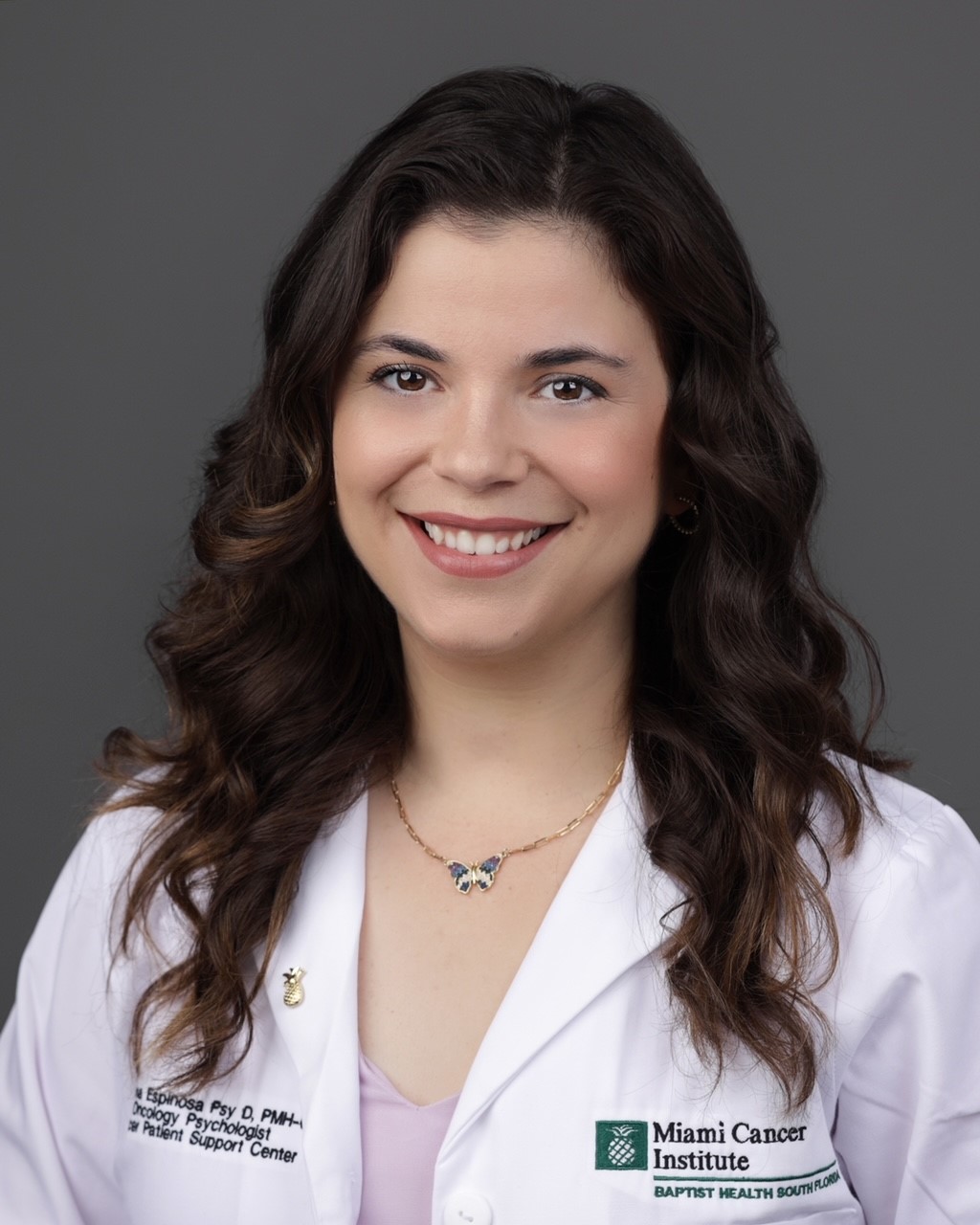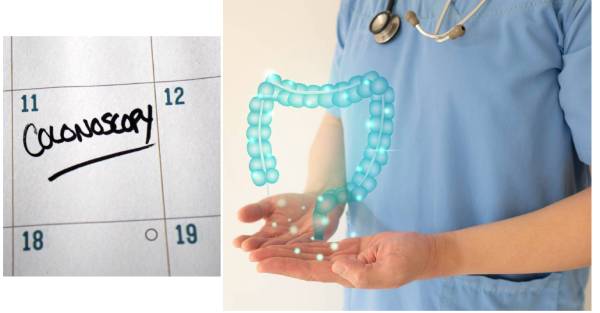
When and How to Share Your Cancer Diagnosis with Your Kids
4 min. read
Baptist Health Miami Cancer Institute
The news last week shocked people around the world: Kate Middleton – better known as Catherine, Princess of Wales, future Queen of England – had undergone surgery for cancer. While her exact cancer diagnosis has yet to be revealed by Kensington Palace, the 42-year-old was hospitalized for several weeks recently and on Friday she released a video message announcing the news.
Much of the public reaction to the news has focused on Princess Kate’s relatively young age and the fact that she is the mother of three young children – Prince George (age 10), Princess Charlotte (8) and Prince Louis (5) – who also happen to be heirs to the throne.
“It has taken us time to explain everything to George, Charlotte and Louis in a way that’s appropriate to them and to reassure them that I’m going to be OK,” said the Princess in her message.
There is never a good time to share a cancer diagnosis with your family but when is it appropriate to share with your children and what is the best way to handle this difficult conversation?
There is no one right way
Facing a cancer diagnosis and navigating how to cope can seem overwhelming, acknowledges Kristina Espinosa, Psy.D, PMH-C, a licensed psychologist with Baptist Health Miami Cancer Institute.
“You may feel many emotions and want to reach out to those closest to you for support but that also means facing the challenge of what and how to disclose what you are going through. The way you approach telling others is very personal and there is no one right way to go about it,” she says.

Kristina Espinosa, Psy.D, PMH-C, licensed psychologist with Baptist Health Miami Cancer Institute
Ultimately, you can choose when and how you want to talk about your cancer, says Dr. Espinosa says. “When telling close family and friends about your cancer diagnosis and how you are feeling, you can cultivate a way that best supports you and your loved ones in your journey.”
Four tips for sharing your cancer diagnosis
Some things to consider when sharing a cancer diagnosis with family and friends include the following, according to Dr. Espinosa:
1. Know your personal preference: You know yourself best and who you naturally feel closest to. Disclosing your diagnosis and feelings is not a simple conversation but most people do have it with people they trust. It is important to have such conversations on your terms and when you feel most comfortable.
Consider thinking about the people you would want to have a conversation with and perhaps those that you do not want to share information with at this time. Setting healthy boundaries with how much you want to disclose and focusing on your needs will be instrumental in gaining the right support.
2. Plan what to say and how to say it: It is important to disclose information that you think is appropriate to reveal. You may want to write down simple facts about your diagnosis that you feel comfortable sharing with others and decide how you will answer questions should they arise.
When you are ready to have a conversation, think about the best mode of communication such as in person, over the phone, one to one, or in a group format. People closest to you may want to help and therefore, writing down any preferred care requests ahead of time such as emotional support or concrete assistance such as helping with appointments, can help them support you.
3. Disclose to your children in a developmentally appropriate way: Many parents want to protect their children from pain, including emotional hardship. However, it is important to tell your children about your diagnosis as soon as you can tell them and preferably before treatment begins. Children will need time to process, ask questions, and acclimate. Allowing your children to have the space to express their emotions is key.
When thinking about children and adolescents, there are several factors to consider such as age, developmental stage, and their environment. Disclosing your cancer diagnosis may be brief, concrete, and concise for younger children while for adolescents you may want to include more information that is pertinent to changes in their routine and expectations.
Gently remind your children that they did not do anything to cause you to have cancer, nor will they catch cancer from you. You can also mention that experts are learning more about cancer and new ways to treat it every day. Keep in mind to mentally prepare yourself before having the conversation but it is okay to show emotion as it will offer your children a better understanding of their own thoughts and feelings and feel closer to you.
4. Establish tools to recharge: The conversation of having cancer and how you are feeling about it is a conversation of many that you will have along your journey. It will be essential to find ways to recharge emotionally so you are able to better navigate the moments ahead.
Expressing your feelings through journaling, talking to a trusted family or friend, joining a support group, leaning into faith-based coping, or seeking professional support like individual psychotherapy with a licensed clinician may be a valuable tool to process your emotions. Finding ways to relax including meditation, guided imagery, taking a brief nature walk, listening to calming music, or practicing gentle yoga may be helpful. Being as active as you can, finding activities you enjoy, and gaining as much information from your medical team as possible provide healthy ways to cope.
Healthcare that Cares
Related Stories
View All Articles
Understanding Why Colorectal Cancer Rates are Surging in Adults Under 50
March 20, 2024
4 min. read

